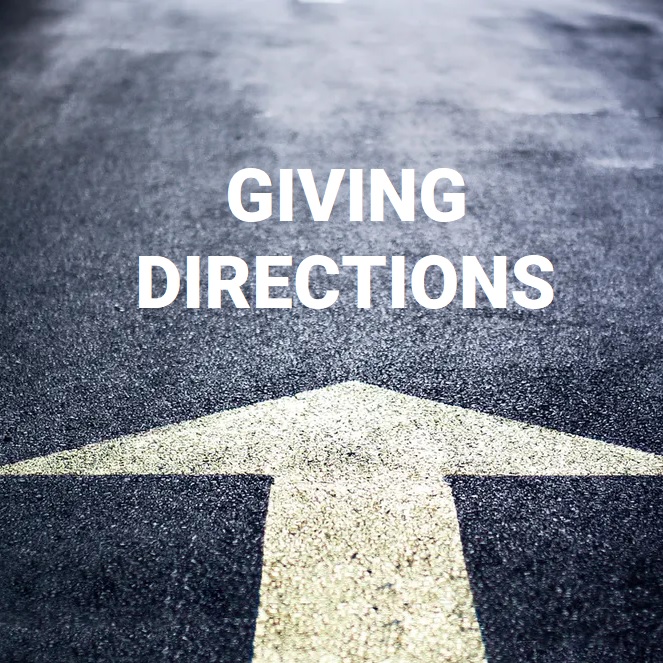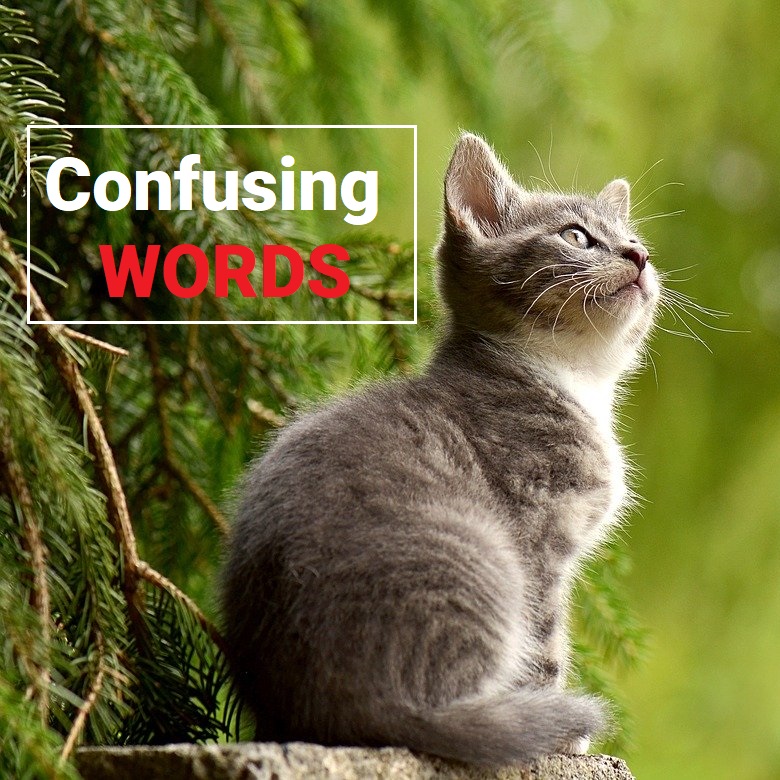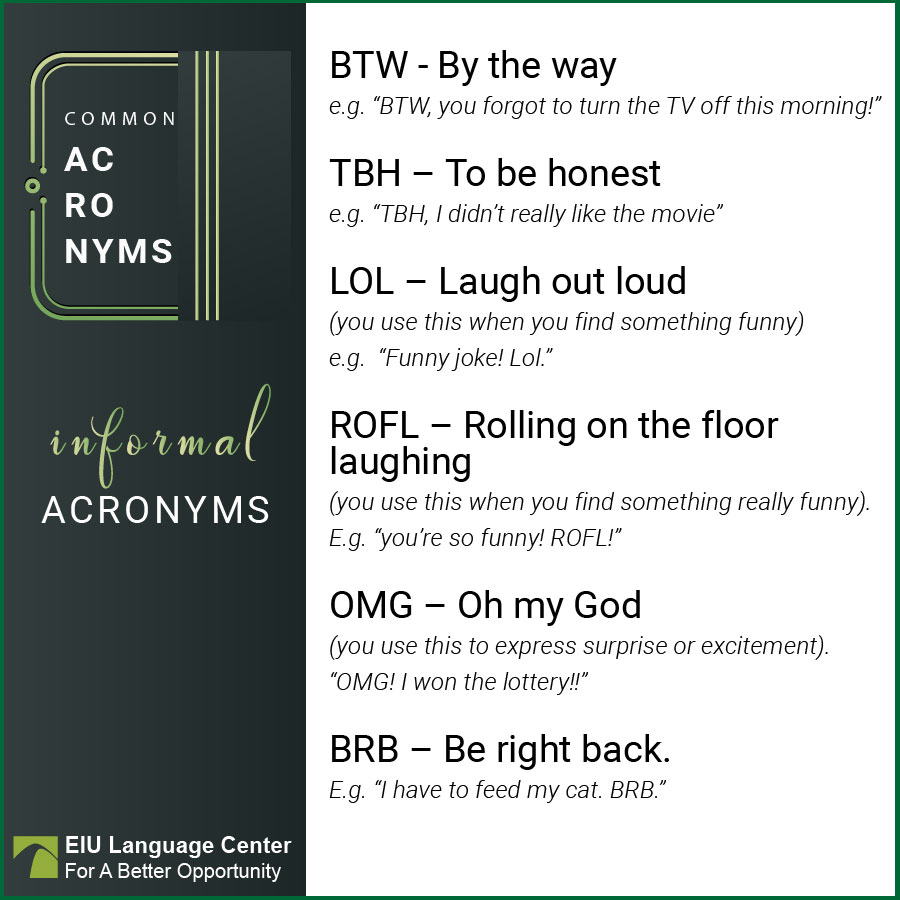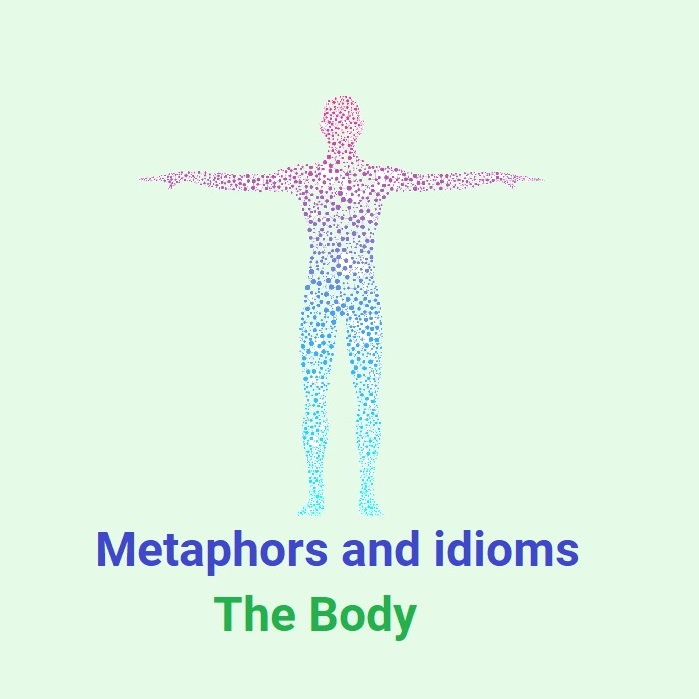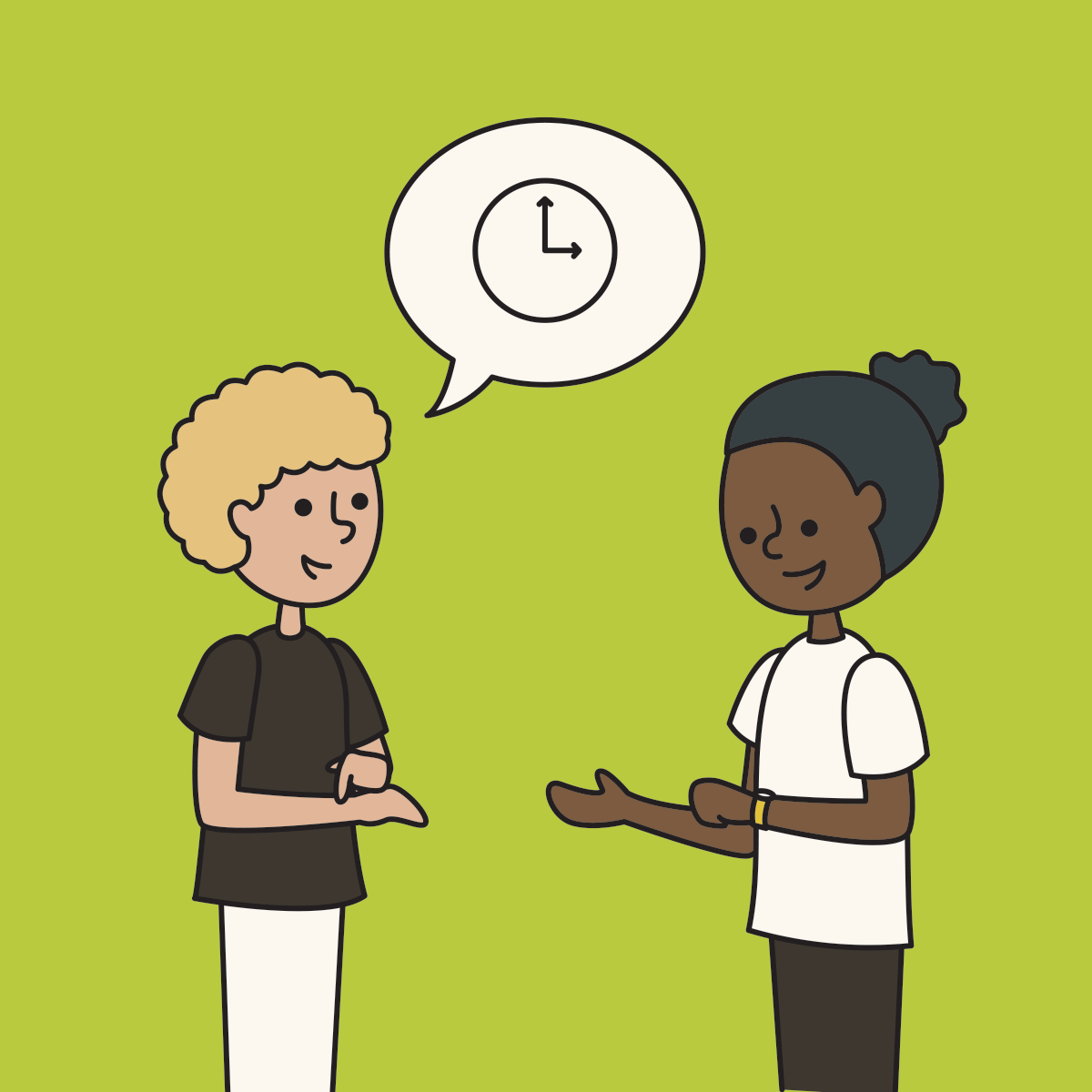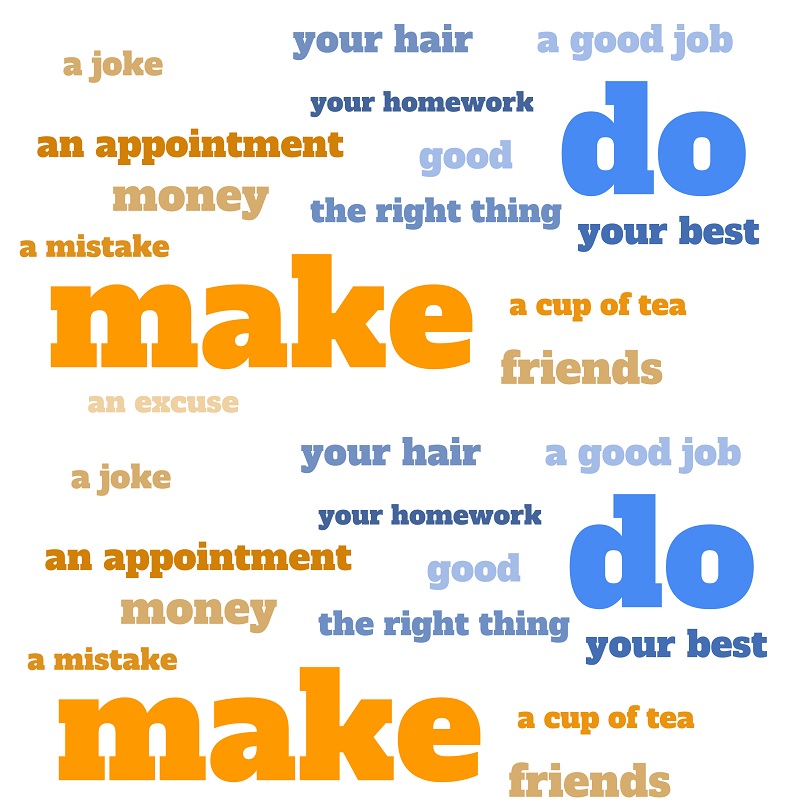Comparatives and Superlatives
We use adjectives to describe people, places, things, and ideas. Example: Johnny has such a cute puppy! I. Comparatives When we want to compare two things, we use comparatives. We usually add –er one-syllable words to make comparatives: E.g. Johnny’s puppy is small, but Mary’s puppy is smaller! If [...]


